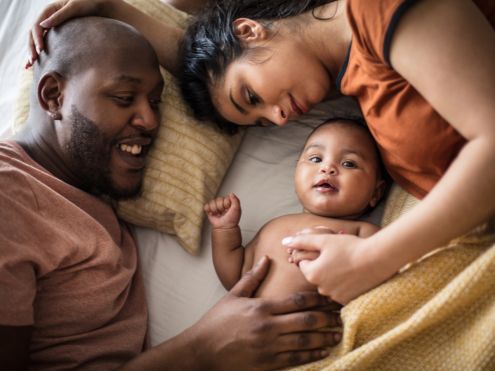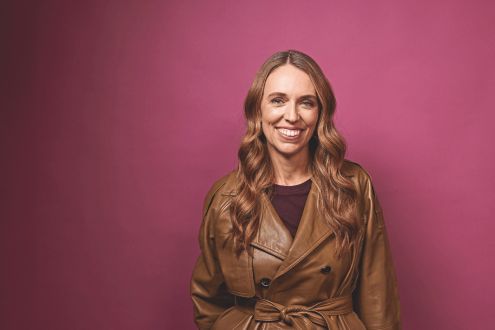It’s so hard to carry on since my husband died
Our agony aunt Mary Fenwick offers a new perspective on the challenges and problems that you face…

My husband died very suddenly on Christmas Day 2012 while undergoing treatment for cancer, and the day he died was the day I stopped breathing, too. The only reason I’m here is for our daughter. She’s the light of my life and my husband loved her very much, but since he died I’m struggling as a single parent. I’m so tired and often wish the world would end so I could be with him again. But the last thing I want is for my daughter to suffer more. I am exasperated that all the responsibility of raising my child is on me, and I’m petrified that I’m not going to make the right decisions for her or be a good example. I don’t spend time feeling sorry for myself but I’m overwhelmed with grief. I notice you are also widowed. Please could you share some of your hard-earned wisdom with me? Name supplied
It sounds as if, like me, you can identify with the words of Virginia Woolf in the film The Hours: ‘I’m living a life I was not supposed to lead.’ I recognise your feelings – petrified, inadequate, overwhelmed – but it would be more peculiar if we felt perfectly up to the task at all times. It is very early days. You’ve had one Christmas since your lives changed completely. For me, the third anniversary was when I realised the unarticulated thought in my head was, ‘We’ve done it for long enough now, can we please have him back?’
In its simplest form, what’s worked for me is the ‘fried egg’ analogy, which I’ve written about before. If we imagine a circle (a yolk) that represents your grief, some people might imagine that it shrinks over time. This theory says it stays exactly the same, but more life begins to grow around it.
I would encourage you to check, gently, what you can do to create space for that new life. Adam Blatner, a psychiatrist, with expertise in psychodrama, says grief is not just about the death itself. There are lots of other things that affect it, for example the age of your child; the quality of the support you’re getting; your previous relationship with your husband and extended family; whether there is enough money; whether you work or want to; and how physically fit you are able to keep yourself.
Please be assured your daughter doesn’t need you to be perfect. We don’t get a sainthood injection when we give birth. Being a widow and a mother are not your only jobs – you are still your own gift to the world.
Mary Fenwick is a business coach, journalist, fundraiser, mother, divorcée and widow. Follow Mary on Twitter @MJFenwick. Got a question for Mary? Email mary@psychologies.co.uk, with ‘MARY’ in the subject line
More inspiration:
Read about the possibility of not just ‘bouncing back’ but ‘bouncing forward’ at PositivePsychology.co.uk
Visit blatner.com/adam/psyntbk/grief.htm for Adam Blatner’s work on grief









